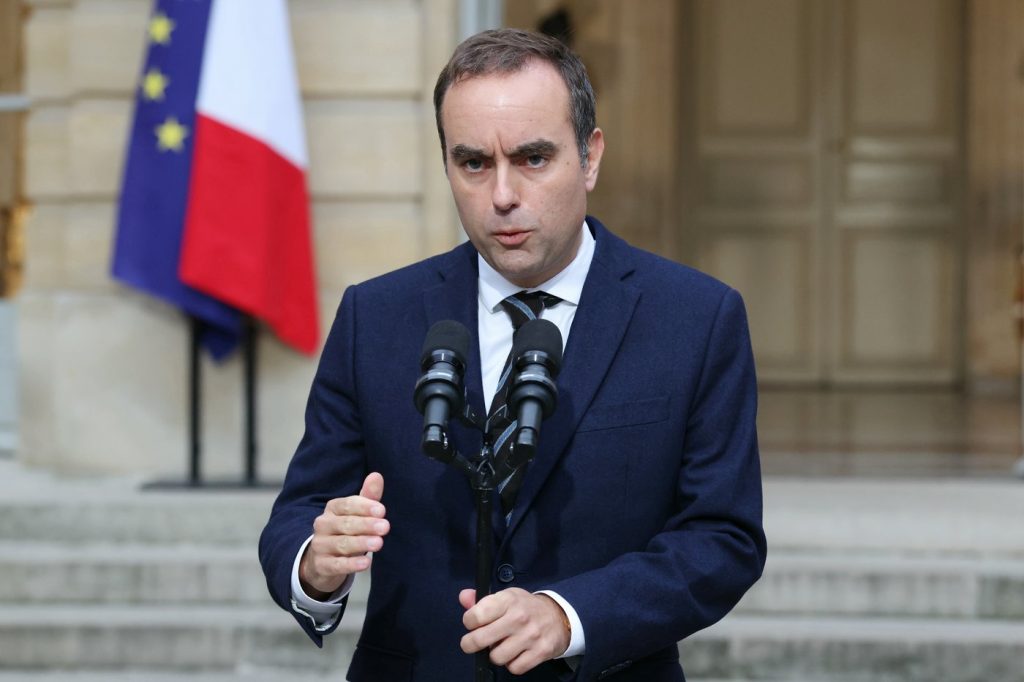PARIS (AP) — France's new prime minister, Sébastien Lecornu, announced on Friday that he would not resort to a special constitutional power to pass the budget through parliament without a vote. Instead, he aims to seek a compromise with legislators from both the left and right parties. This decision is significant for France's political landscape, where the prime minister currently does not hold a majority in parliament, particularly amid recent turmoil concerning planned spending cuts that led to the resignation of his predecessor, François Bayrou.
Appointed by President Emmanuel Macron last month, Lecornu, a 39-year-old centrist, emphasized the need for collaboration in the legislative process. “Each lawmaker must be able to have power, must be able to have responsibility,” he stated, announcing his choice to forgo using Article 49.3 of the Constitution, which allows the government to pass legislation without a parliamentary vote. Lecornu's predecessor, Bayrou, had previously exercised this power to successfully enact the budget for 2025.
Lecornu’s decision is aimed at averting a potential no-confidence motion against his government, which lacks the necessary support in parliament. He expressed hope that by avoiding unilateral action, lawmakers—particularly those from the moderate left—might be more inclined to engage in a non-aggression pact within the legislature. Additionally, he seeks to improve relations with his conservative allies, The Republicans.
In his statement, Lecornu highlighted several pressing issues that require attention, including improving pensions for women, ensuring fair taxation, enhancing purchasing power for citizens, and addressing immigration concerns. He stated that this more conciliatory approach would allow for productive debates in parliament, urging that “now that the government is no longer in a position to interrupt the debates, there is no reason why they should not begin next week.”
Looking forward, Lecornu is also in the process of appointing his government ministers, a move he plans to finalize “in the coming days.” This comes ahead of a general policy speech scheduled for next week at the National Assembly, a critical moment for establishing his agenda and gaining legislative support.
French politics have been notably fragmented since Macron called for early parliamentary elections in June 2022, resulting in a deeply divided legislature. This fragmentation poses ongoing challenges to governance, particularly as France grapples with a ballooning deficit and rising debt levels, factors that are concerning to investors and stakeholders in the country’s economic future.
The challenges facing France’s economy are significant, as it ranks as the second-largest economy within the European Union. As Lecornu threads the delicate balance of building consensus and passing critical budget measures, his government’s approach in the coming weeks will be pivotal in shaping the nation's fiscal policies and political stability.











